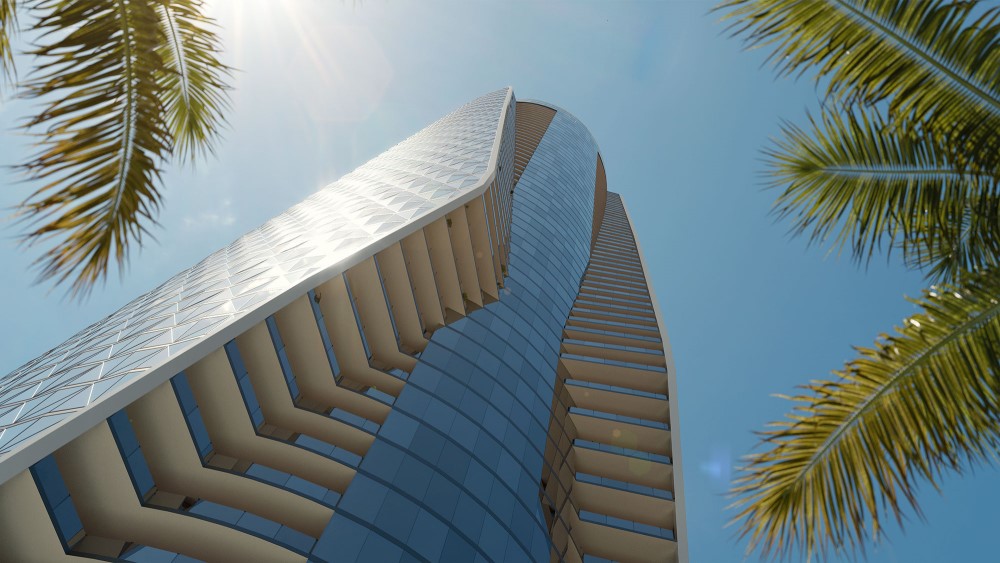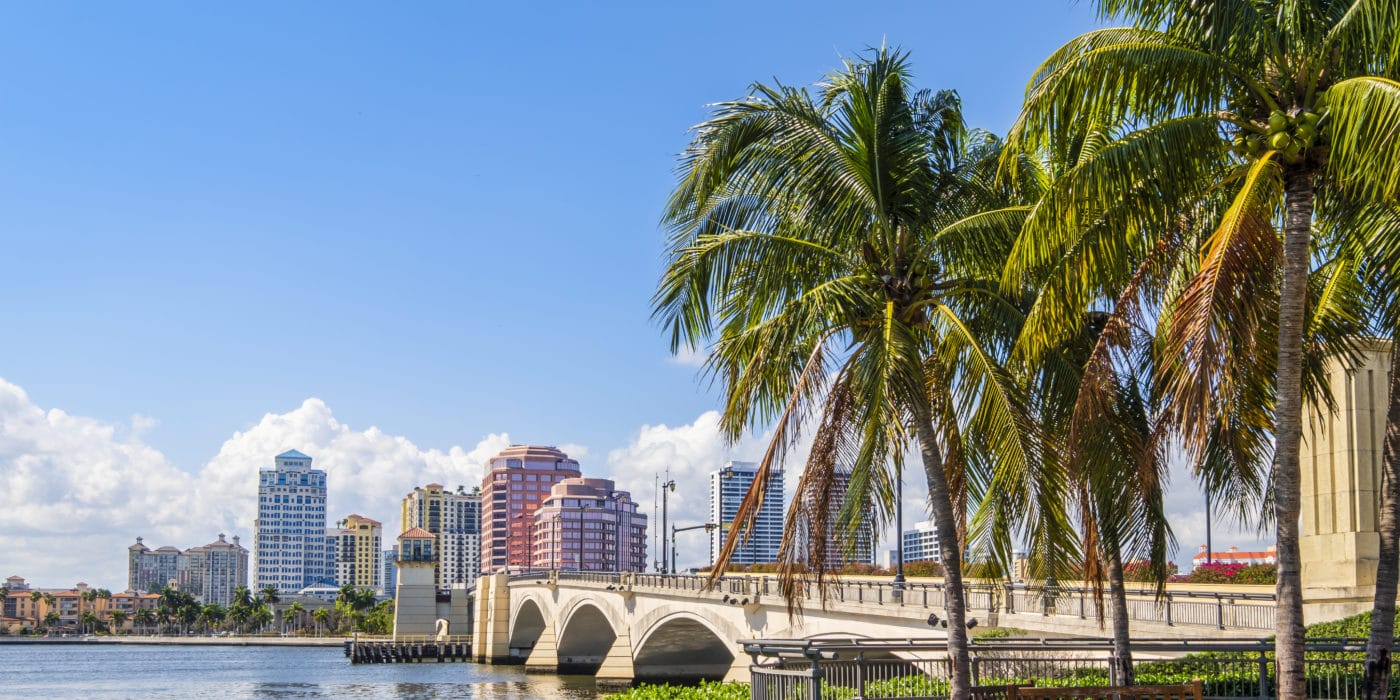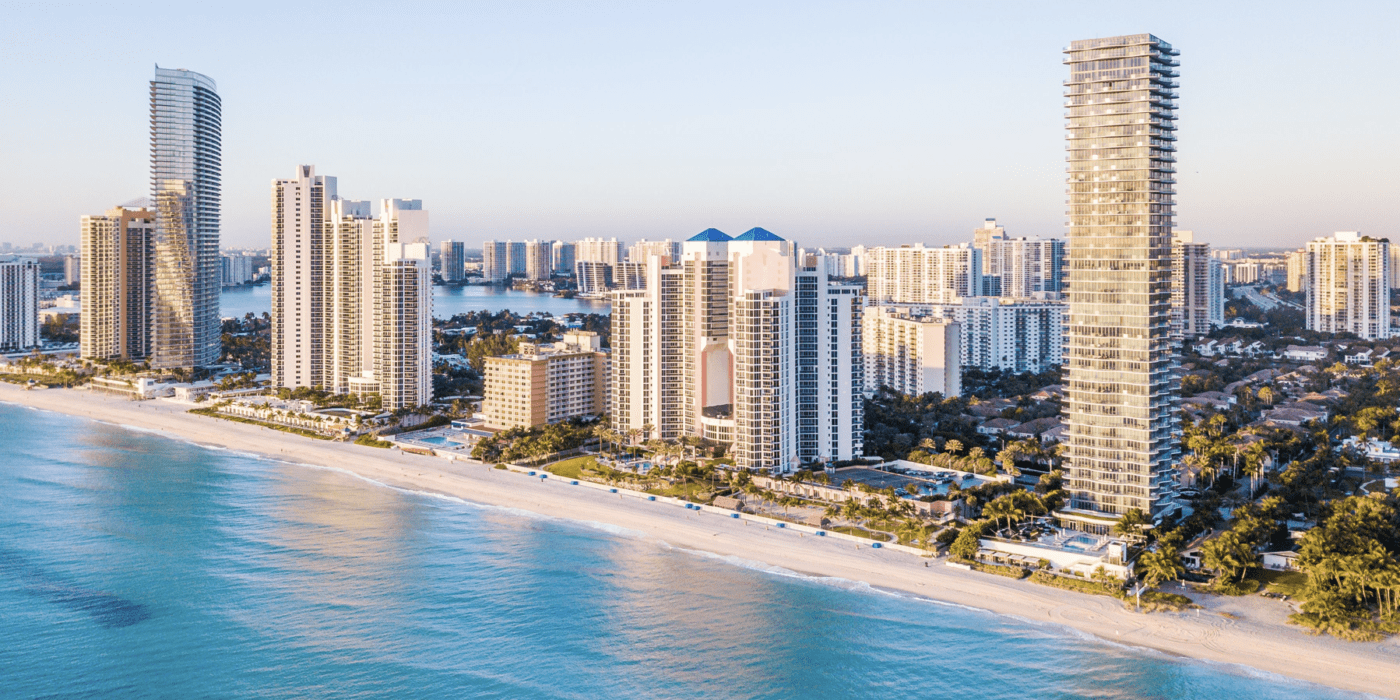Exploring a 10-mile stretch along the enchanting Miami coastline reveals a plethora of opulent shopping opportunities. However, it’s not haute couture or luxury cars that shoppers are taking home with them; they are securing homes with prestigious labels. The market for branded real estate is experiencing an impressive surge. According to a report by Knight Frank, global real estate consultants, the demand for luxury condominiums bearing renowned names is expected to grow by 12 percent annually until 2026. Just as purveyors of blue jeans and handbags have long recognized the allure of a prominent label, property developers now understand its significance. In virtually every major city, prospective homeowners can peruse residences offered by well-known hospitality brands such as Four Seasons, Aman, and Ritz-Carlton. Surprisingly, more unconventional brands are now venturing into this trend, with luxury car and fashion couture companies eyeing condos as their next frontier. In the tranquil enclave of Sunny Isles Beach, nestled within Miami-Dade County, some of the prominent towers boast illustrious names like Porsche Design Tower, Residences by Armani Casa, and the upcoming Bentley Residences. By 2026, the Bentley Residences will soar into the sky, featuring an exterior adorned with recessed glass in Bentley’s iconic diamond-in-diamond quilted design, instantly recognizable to aficionados of the esteemed British automaker. All of these remarkable developments share a common visionary: Gil Dezer.
For over a decade, he has been quietly placing his bets on this moment, expanding his brand partnerships as Miami’s real estate values continued to climb. “Today’s automobile brands aspire to be more than just cars; they aim to establish themselves as lifestyle brands,” remarks Mr. Dezer, who first joined forces with Porsche in 2012. “This sentiment extends to everything, from golf clubs to sunglasses, and we were fortunate to be at the forefront of this evolution in real estate.” The New York Times reports that Mr. Gil Dezer, the scion of the Dezer Development empire in South Florida, has played a pivotal role in marrying two seemingly disparate worlds: real estate and automobiles. The Dezer Development, owned by his father, Michael Dezer, commands an impressive presence, boasting ownership of nine towering structures sprawled over nearly 30 acres of prime Miami oceanfront real estate. Simultaneously, Michael Dezer is renowned as a zealous car collector, housing a staggering fleet of approximately 1,800 vehicles, many of which are exhibited within his privately owned automotive museum. In contrast, Gil Dezer’s personal collection, totaling 32 cars, is relatively modest. Nonetheless, he wholeheartedly embraced the family business, standing at the intersection of two passionate pursuits: real estate and cars. While the Armani brand may seem a tad unusual in this context, the concept of auto-branded buildings harmonizes seamlessly with Dezer Development’s vision.
The Dezer family has already carved a niche in branded real estate, with Gil Dezer being the first developer to secure a licensing agreement with Donald Trump. This collaboration resulted in the construction of six Trump-branded towers. Notably, Mr. Dezer openly supports the former President, even choosing to hold his wedding ceremony at Mar-a-Lago in 2007. However, the early 2010s marked a change of course for the company when they ventured into a licensing agreement with Porsche, a pioneering move for the company. Mr. Dezer recognized that for the project to thrive, he needed to think beyond conventional boundaries. “Porsche doesn’t exactly correlate with real estate,” he remarked. The Porsche Design Tower, which broke ground in 2014 and welcomed residents in 2017, exudes the same sleek, high-octane masculinity that characterizes the car shows Mr. Dezer frequented as a child with his father. The building itself lacks a dedicated pedestrian entrance. Instead, visitors are greeted by a graphite-hued archway bearing the inscription “Porsche Design” in the iconic Porsche 911 font. Upon arrival, residents can either park and enter the airy lobby adorned with the same bronze, red, and black hues as Porsche’s logo or opt for a more unique experience: driving their vehicles into the building via the patented car elevator known as the “Dezervator.” This innovative elevator, which conveniently deposits cars behind a glass wall in front of each unit, was heralded by Stefan Buescher, the CEO of Porsche Lifestyle Group, as a standout feature. He stated, “It was a natural continuation to transfer our unique design principles to the world of real estate.”
Creating the Porsche Design Tower was a substantial financial investment, with Mr. Dezer allocating $480 million to the project. Of this considerable sum, he estimates that roughly ten percent was dedicated solely to the creation of the Dezervator. Nonetheless, he views this expenditure as entirely justified. Initially, the idea stemmed from the notion of parking a Porsche, Lamborghini, or Bugatti in one’s living room. However, the concept evolved, with buyers increasingly attracted to the privacy that these units offered, circumventing the inconveniences associated with condo living, particularly for prominent individuals. The allure of brand recognition played a pivotal role in attracting buyers like Juan Pablo Verdiquio, a Miami-based real estate developer. In 2017, he acquired a three-bedroom unit in the Porsche Design Tower. His roster of neighbors now includes iconic figures like Lionel Messi, Alicia Keys, and Swizz Beatz.
With a personal penchant for Porsche cars, which extends to his Taycan and his wife’s Panamera Turbo, Mr. Verdiquio viewed this condominium as a symbol of quality in Miami’s competitive real estate market. “There are thousands of new apartments built each year here, so going with a brand I knew felt like a way to preserve the long-term value,” he explained. “From a financial sense, I really liked that it was branded with Porsche.” Carlos Rosso, a luxury Miami developer, observes a growing trend among homebuyers who are increasingly swayed by the logic that brand association elevates the value of their real estate investment. “We are all in the same market for buyers, and we are all trying to differentiate our products,” he noted. “Every residential building needs to tell a story, and branding is a way to not have to explain what a building is all about. You’re associating yourself with a brand that’s already familiar.” As the head of Rosso Development, Mr. Rosso is currently focused on The Standard Residences, Midtown Miami, a 12-story condominium tower that aims to captivate buyers by harnessing the distinctively audacious ambiance of the Standard Hotels. These hotels are perhaps best known for their West Hollywood iteration, where lithe, sun-kissed models lounged in a plexiglass box behind the front desk.
In 2014, Mr. Rosso joined forces with Mr. Dezer on Residences by Armani Casa, a 56-story condominium tower located in close proximity to the Porsche Design Tower. This opulent building, which opened its doors in December 2019, reflects the design sensibilities of the legendary Giorgio Armani himself. From the tapestries and textiles to hand-selected furnishings, every detail exudes an opulent femininity. Muted floral wallpaper, curved furnishings in taupe and gold – it’s a stark contrast to the Porsche Design Tower’s millionaire-meets-man-cave vibe, with its sharp edges and bold primary hues. Turning his focus to the upcoming Bentley Residences Miami, Mr. Dezer anticipates breaking ground later this year on the site of Miami’s Thunderbird Motel, a historic structure from the 1950s that was demolished in June. This 62-story oceanfront building is poised to elevate the luxury experience by featuring four Dezervator elevators, garages capable of accommodating three to four cars, and private outdoor swimming pools attached to each of the 216 units.
Ocean-view residences will also boast outdoor showers. Common areas will include a Macallan Whisky Bar, a restaurant by Todd English, and a cigar lounge. Units are priced between $5.5 million and $35 million, catering to those seeking an exclusive and distinctive living experience. Ian Reisner, Vice President of Dezer Development, emphasizes the unique nature of these offerings. “People are looking for something unique,” he noted. “There’s not a million Porsches up and down the block — there’s only one. Now we’re going to do even better with Bentley.” For serious car collectors desiring to merge their passion for automobiles with luxury housing, Miami presents several alluring options. The Aston Martin Residences, located in downtown Miami, is a prime example. Currently under construction and scheduled for completion by the end of the year, this 391-unit development is nearly entirely sold out. The 66-story tower boasts a distinctive, gleaming curved sail shape, with units starting at $6.5 million and ascending to $59 million for the triplex penthouse, which includes a rare $2.3-million hypercar, the Aston Martin Vulcan.
The development touts itself as “A car made into a skyscraper,” aiming to embody a timeless, James Bond-approved zeitgeist. According to the developer, German Coto, it will be appreciated by those who value a unique luxury lifestyle. This trend is not confined to Miami alone. On Jumeira Bay Island in Dubai, the Bulgari Lighthouse, a 27-story tower with a distinctive undulating facade inspired by coral, is under development by the luxury watchmaker Bulgari. Lamborghini, which previously attempted a branded residential property in Dubai without success, is now making a renewed effort with planned developments in Egypt, Brazil, China, and Spain. Renowned Lebanese fashion designer Elie Saab has lent his design expertise to residences in London and Dubai, while the late Karl Lagerfeld’s iconic design sensibilities are reflected in five villas on Marbella’s Golden Mile. All these developments, according to Clelia Warburg Peters, Managing Partner of Era Ventures, a tech-based real estate venture fund, cater to the wealthy elite and reflect the notion of living in name-brand playgrounds. As the housing market remains competitive, this trend is expected to gain further traction.
“We’re living in a new Gilded Age, and there’s a lot of rich people,” she observed. In the past, prime location was the primary way to differentiate high-end assets. However, with prime locations becoming increasingly limited, developers should not be surprised if more unconventional brands endeavor to carve their niche in the residential real estate arena. “I don’t think anyone wants to live in the Coca-Cola building,” Ms. Peters mused. “But would I be surprised if Restoration Hardware introduced their own line of homes? Absolutely not. This is one of the most significant areas of growth in the real estate industry.”


